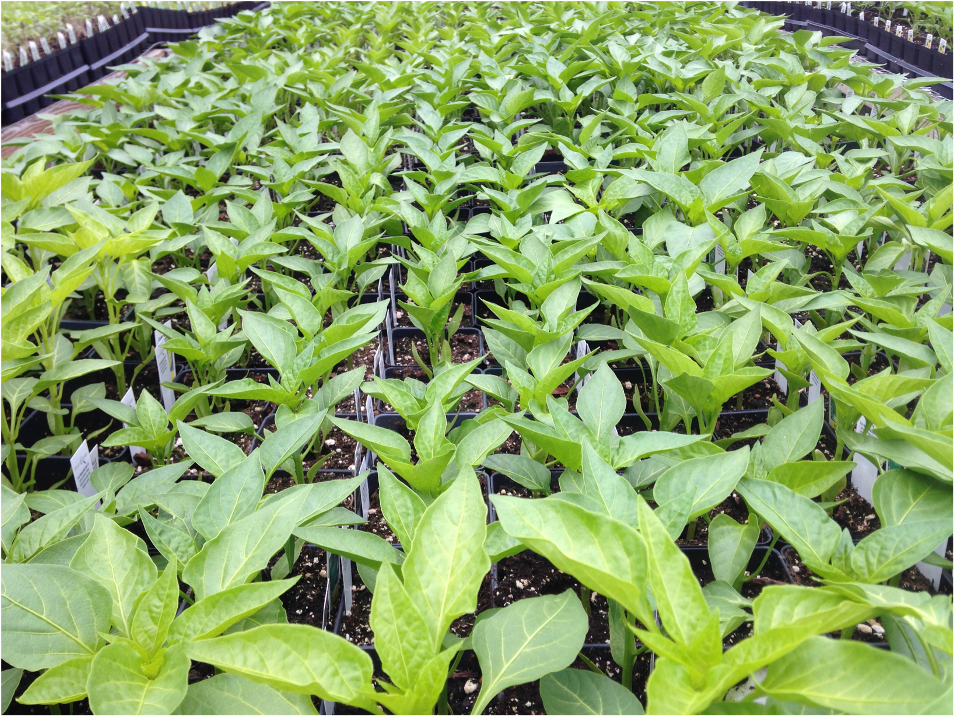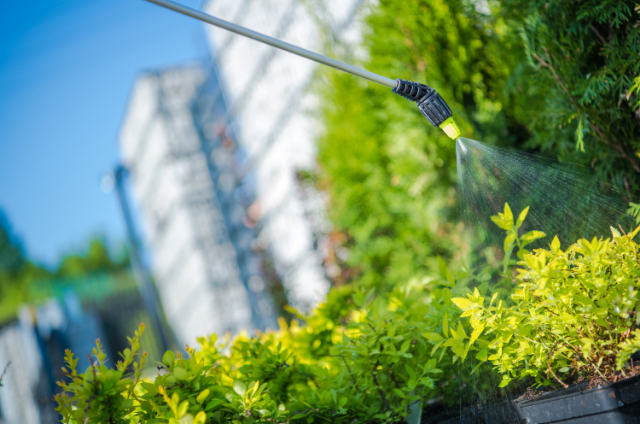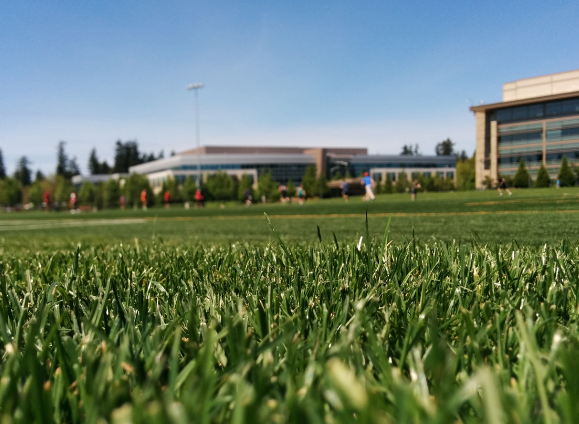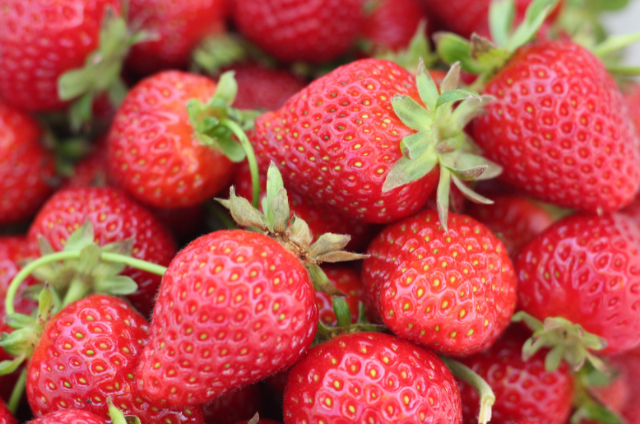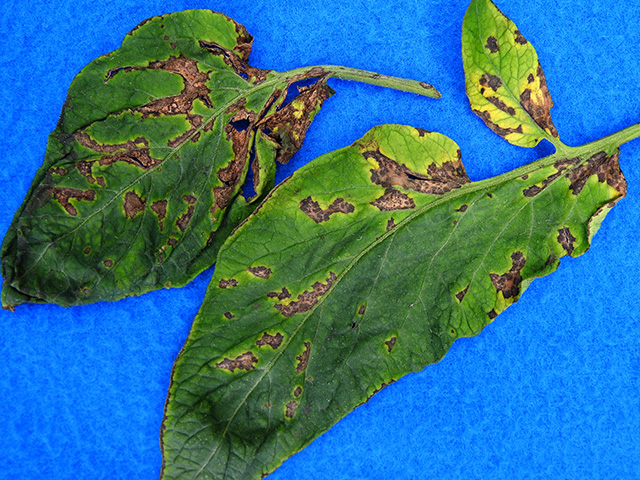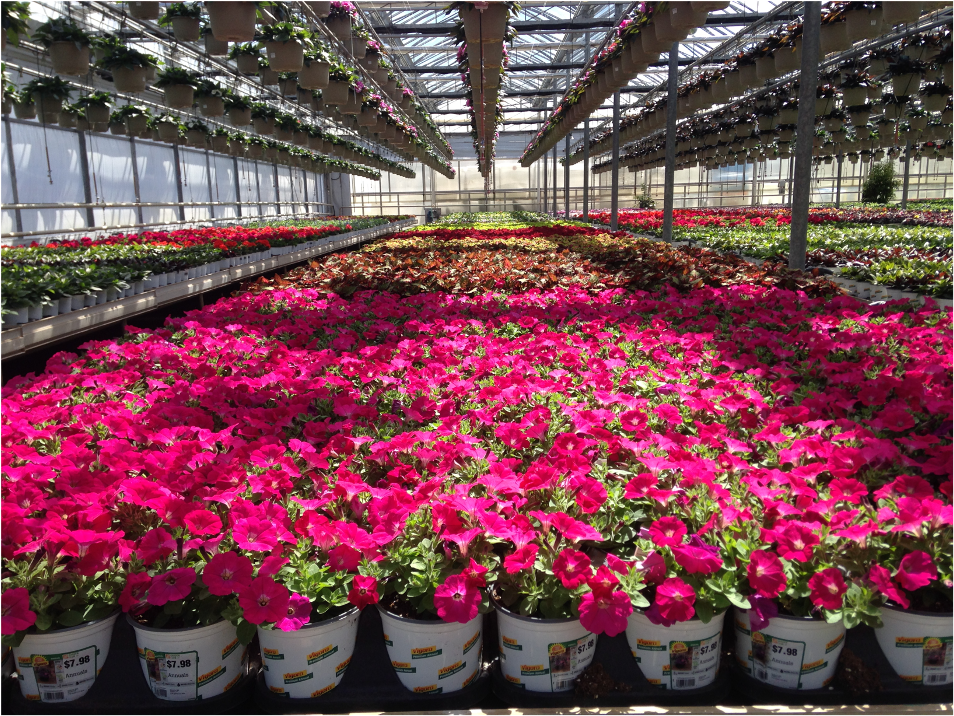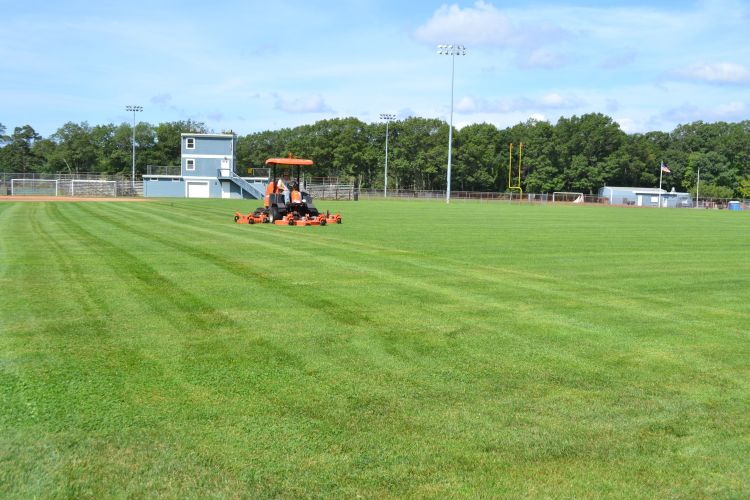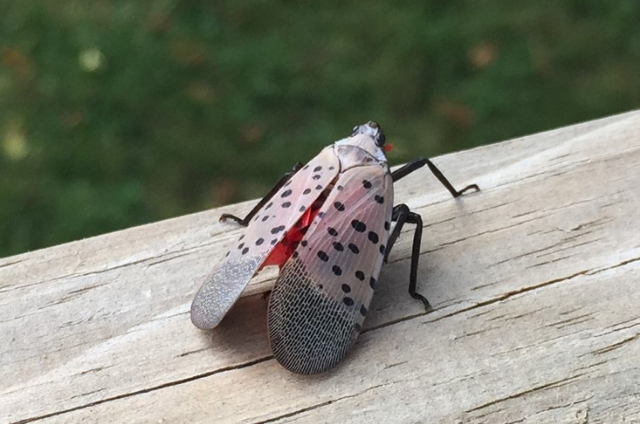UConn Extension IPM Program
Smarter Solutions for Pests and Plants
The UConn Extension IPM Program helps Connecticut growers, land managers, and residents protect crops, landscapes, and the environment through safe and sustainable pest management.
We provide:
-
Guidance on safe use of organic and synthetic pesticides
-
Alternatives like cultural and biological controls
-
Education on pollinator protection and least-toxic options
-
Training to support the economic and environmental health of farms and green industries
What is IPM?
Integrated Pest Management (IPM) is a science-based, sustainable approach to controlling pests—such as insects, weeds, plant diseases, and wildlife. IPM combines multiple strategies to reduce risks to people, pollinators, and natural resources while keeping farms and landscapes productive.
How We Help
-
Workshops & Training – hands-on learning for growers, landscapers, and communities
-
Publications & Online Resources – practical tools you can use every day
-
Pest Alerts – timely updates on emerging issues in Connecticut
Our Partners
We collaborate with farmers, industry groups, state and federal agencies, municipalities, schools, Master Gardeners, and the public to build healthier crops and communities.






